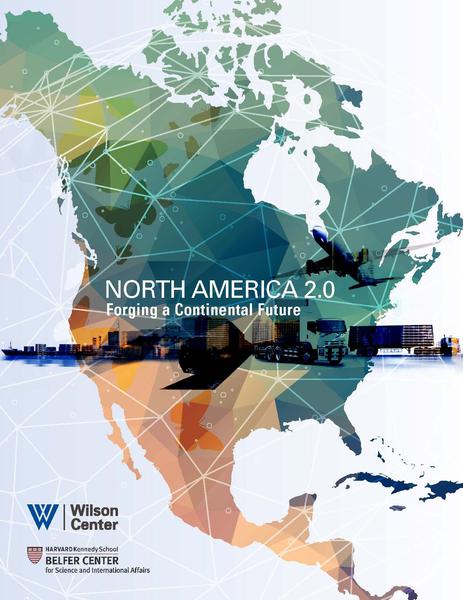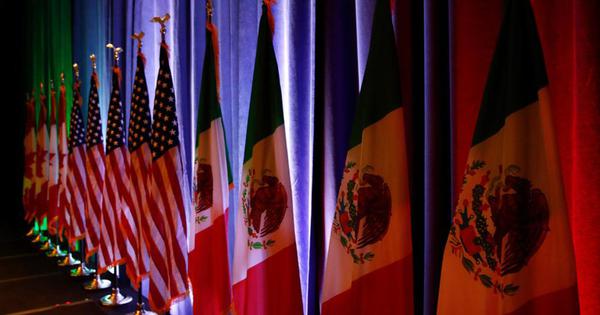Latin America Advisor, InterAmerican Dialogue
•
February 15 2024
Article: How Will Proposed Reforms Shape Mexico’s Politics?
President López Obrador’s 20 proposed reforms
appear aimed at boosting his chosen successor, Claudia Sheinbaum, and his Morena
party in Mexico’s June 2 election. They
would protect and advance AMLO initiatives,
concentrating more power in Mexico’s president, reducing checks and balances in its
democracy, introducing elections for judges
and bolstering the military’s public security
role. AMLO’s presidential candidate, Claudia
Sheinbaum, is 15-20 percent ahead in the
polls, but AMLO wants his allies to win the
two-thirds legislative majority to approve his
recommended constitutional amendments.
AMLO’s proposals seem aimed at keeping
him in the limelight during the campaign
season; they appear designed to knock
the opposition off balance with proposals
appealing to poorer Mexicans, including
new salary and retirement benefits. Several
propositions could well weaken Mexico’s
electoral, legislative and administrative
institutions, give the government more concentrated economic power regarding energy
and regulation, and impose costly programs
on his successors. From a U.S. perspective,
some proposals threaten commitments
made in the USMCA trade agreement and
could harm U.S. businesses working in
Mexico. Mexico is the United States’ largest
trading partner and depends heavily on the
American market, but AMLO’s proposed reforms would weaken regulatory institutions
important for good USMCA implementation.
AMLO also proposes to constitutionally ban
genetically modified corn, despite major U.S.
GMO corn exports to Mexico and a pending
U.S. trade complaint. Strategically, the United States seeks a strong democratic Mexico
to partner in building a more competitive and
prosperous North America, but several of
AMLO’s proposed changes send flashing red
warnings.”
























